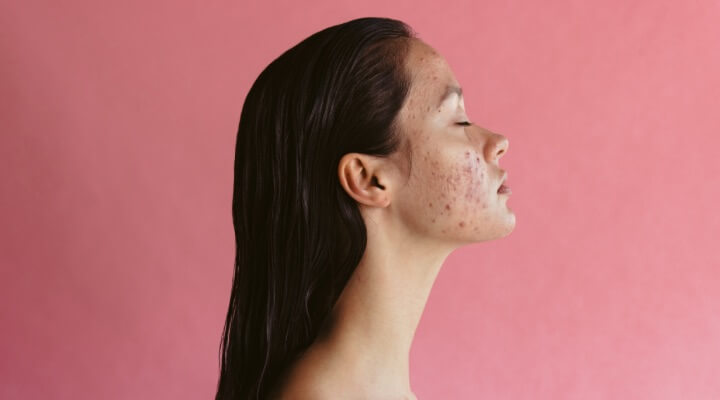A Dermatologist's Guide to Treating Hormonal Acne
Learning About Hormonal Acne
 Hormonal acne can be a pesky skin problem for many. Not only does it often cause self-esteem issues, it can also contribute to facial scarring that stands the test of time. The only way to address this is by finding a hormonal acne treatment that works for you and your unique skin.
Hormonal acne can be a pesky skin problem for many. Not only does it often cause self-esteem issues, it can also contribute to facial scarring that stands the test of time. The only way to address this is by finding a hormonal acne treatment that works for you and your unique skin. We’re here to share our recommended hormonal acne treatments, tips, and more so you can achieve and maintain clear, beautiful skin.
Hormonal Acne: The Basics
Hormonal acne is also referred to as adult acne, as it generally affects individuals in their 20s and 30s. It is a skin condition that occurs when genetics and hormones influence and increase the production of sebum (aka the skin’s natural oil). This excess sebum clogs pores and leads to the development of whiteheads, blackheads, and deep, painful cysts.
Since hormonal acne stems from unbalanced hormones or irregular hormonal changes, it is often experienced by women who are menstruating, pregnant, coming off birth control, or going through menopause. During these periods, hormone levels may shift significantly, triggering the excess production of sebum.
How to Treat Hormonal Acne
At the Skin Surgery Center, our experienced dermatologists are very familiar with hormonal acne and creating personalized treatment plans that specifically address this common skin issue.
Topical Treatment
Our personalized hormonal acne treatment plans often include one or a combination of the following treatment methods:
- Retinoids
- Benzoyl Peroxide
- Antibiotics
- Azelaic Acid
- Salicylic Acid
Oral Medication
Antibiotics — Oral antibiotics work to treat acne by killing off the bacteria that are irritating your skin and triggering breakouts.
Hormone Supplements — Oral contraceptives, like birth control pills, help to level out your hormonal balances to improve acne breakouts.
Androgen Blocking Receptors — Androgens are a group of hormones that help during puberty in both males and females. When androgen levels increase, which is quite common, this stimulates excess oil production and triggers acne breakouts.
Isotretinoin — Isotretinoin is one of the last resorts for acne treatment, as it has a lengthy list of risks associated with it. However, it is extremely effective at treating severe forms of acne. Isotretinoin works to treat acne by reducing sebum (oil) production, stimulating cell turnover, and increasing the shedding of dead skin cells.
Lifestyle Changes
- Getting adequate sleep.
- Reducing your stress levels.
- Practicing self-care.
- Switching your skincare products to those that don’t irritate your skin or clog your pores.
- Eating a nutrient-rich diet.
- Implement a personalized skin care regimen that focuses on healthy habits like regular exfoliation and moisturizing.
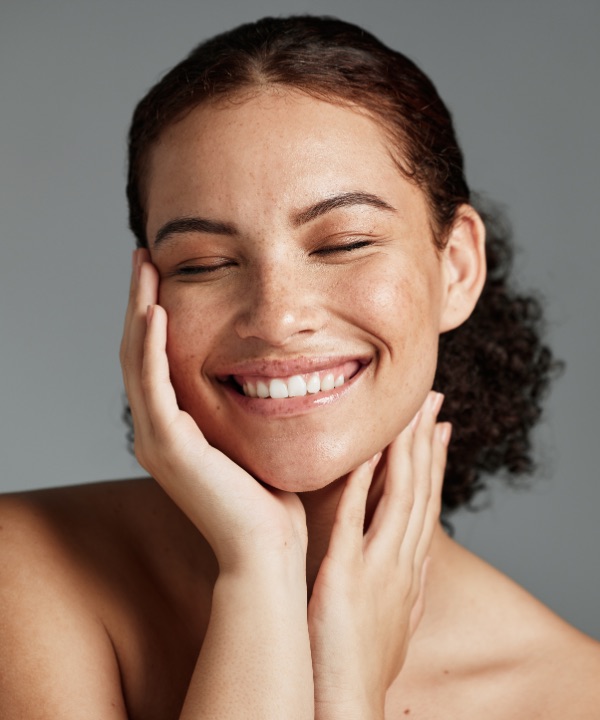
Let the Skin Surgery Center Treat Your Hormonal Acne
For more information on hormonal acne treatments, we recommend you schedule an acne consultation with one of our experienced providers. We can provide you with a personalized hormonal acne treatment plan including individual recommendations that fit your unique skin type and lifestyle
Featured Products for Acne
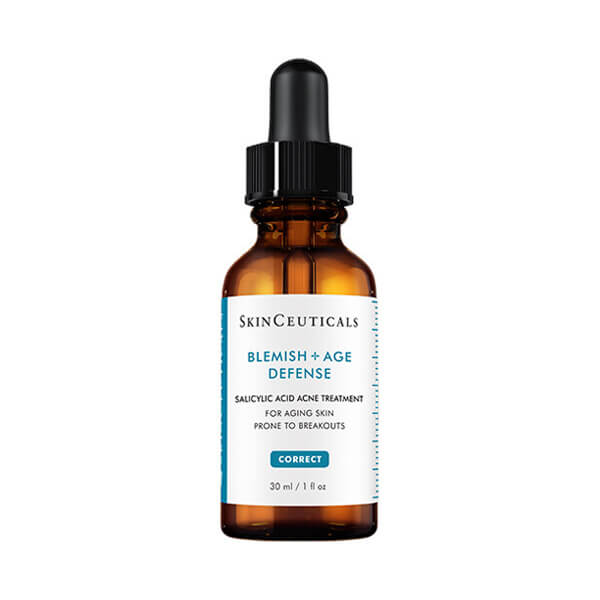
SkinCeuticals Blemish + Age Defense
Blemish + Age Defense is a targeted, oil-free approach for aging skin prone to breakouts. This first-to-market acid blend combines 2% dioic acid with an optimal alpha- and beta-hydroxy acid formulation to reduce the formation of acne and clogged pores. 1 fl oz / 30 mL
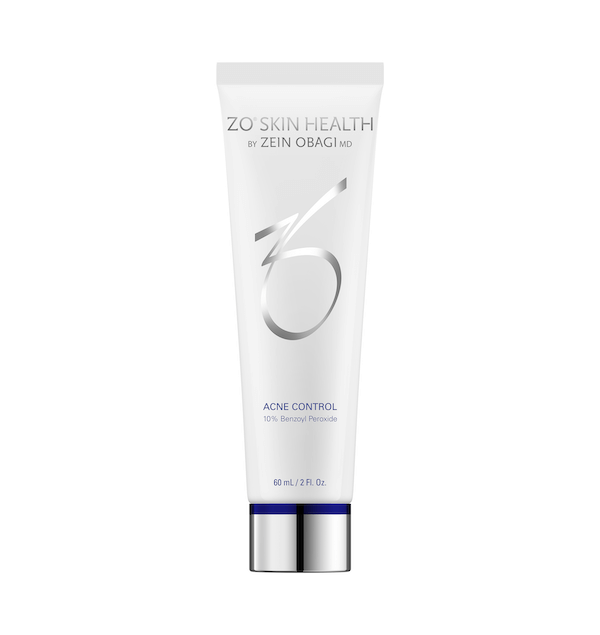
ZO® Acne Control 10% Benzoyl Peroxide
Maximum strength acne fighting formula controls surface oil, neutralizes bacteria and prevents future breakouts. 60 mL / 2 Fl Oz.
Related Blog Posts
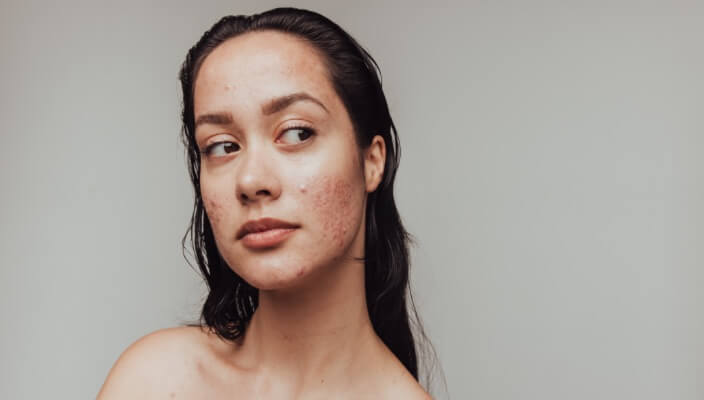
- General Dermatology
- Skin Care
- Chronic Skin Conditions
We asked one of our skin care professionals for tips on how to clear up acne. Here's what he had to say.
Read More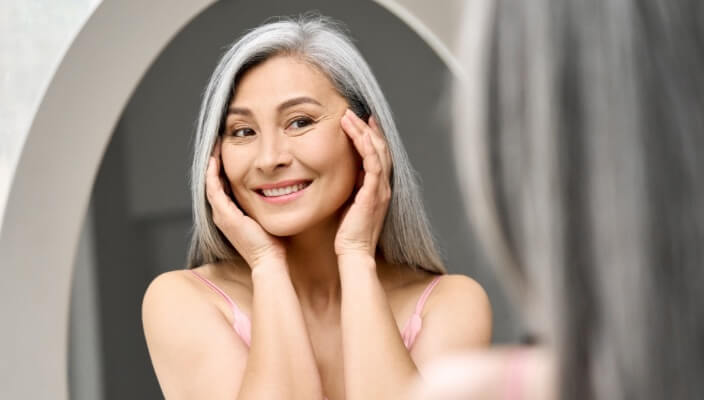
- General Dermatology
- Skin Exams
- Chronic Skin Conditions
Explore our comprehensive guide to gain insights into accurate diagnosis and expert care for chronic skin conditions.
Read More
- Skin Care
- Cosmetic Treatments
Unlock the secrets to achieving radiant, glowing skin. Explore expert tips and skincare routines tailored to nourish and revitalize your complexion, empowering you to embrace a luminous and youthful appearance.
Read More
